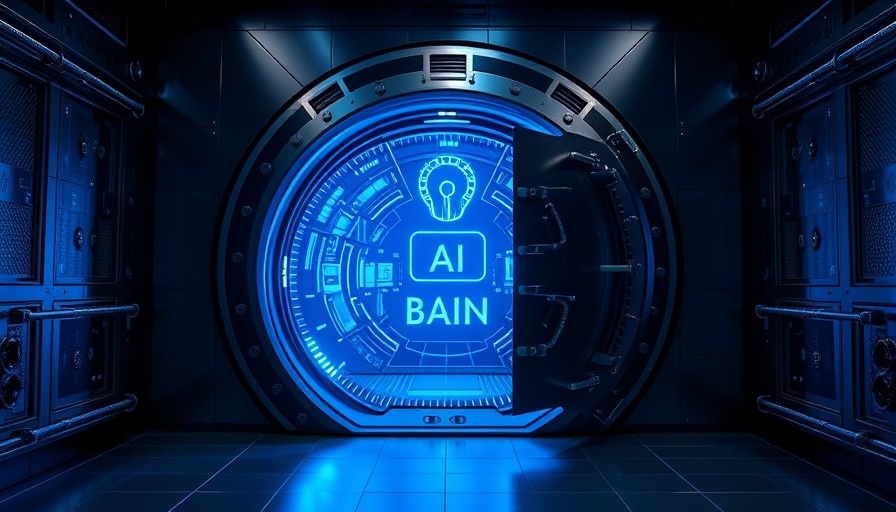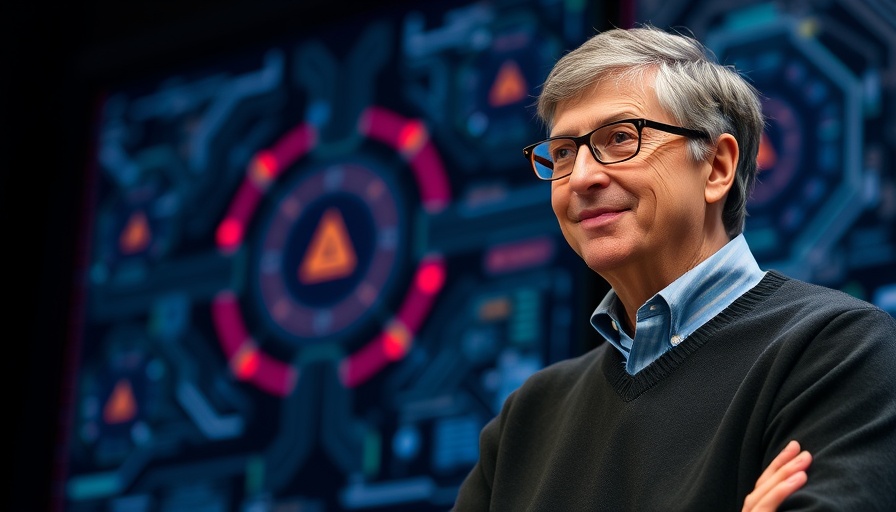
AI Shakeup at Meta: A Cultural Clash?
In a surprising twist at Meta, CEO Mark Zuckerberg is facing major disruptions following his aggressive hiring spree aimed at bolstering the company’s artificial intelligence initiatives. The tumult began almost immediately when Shengjia Zhao, who co-created OpenAI's ChatGPT, threatened to leave for his former employer just days after joining Meta. This incident pointedly reflects the challenges in integrating new talent into a traditionally structured organization known for its long-standing executive loyalty. As Meta navigates its path towards developing 'personal superintelligence,' the internal cultural dynamics have become more chaotic than anticipated.
Power Shift: The Rise of New AI Leaders
As Zuckerberg's ambition unfolds, he appears more reliant on newly recruited executives like Zhao, and former leaders from Scale AI and GitHub. This shift from long-time trusted colleagues to fresh talent could herald a significant transformation within Meta. While these new hires bring innovative ideas and approaches to AI, they also raise concerns among existing staff. The swift exits of others—such as machine-learning expert Ethan Knight, who had just begun his tenure—openly question the sustainability of this cultural shift.
The Modern Challenge of Workforce Stability
This state of flux at Meta mirrors broader trends in the tech industry, particularly among companies investing heavily in AI. As demand for expertise in AI accelerates, rapid transitions can lead to high turnover and disruptions. Employees influenced by the competitive landscape may find it hard to adapt to the unique challenges presented by Meta's sprawling structure and insistent leadership style. The retention of talent amid unprecedented pressure from incoming leadership may dictate the future of Meta's innovation.
Implications for AI in Tech Companies
Meta's story serves as a cautionary tale. As organizations push toward investing in AI and integrating it deeply into their business models, they must address cultural cohesion and employee satisfaction. Many tech firms are grappling with cybersecurity issues, including online security threats and AI's role in fraud protection. The effectiveness of AI security services can be hampered if employee morale suffers amidst chaotic leadership changes.
Looking Ahead: Predictions for AI Leaders in 2025
As we forecast the landscape of AI leadership into 2025, companies like Meta will need to reassess their strategies for recruitment and retention. Creating an environment that encourages collaboration between longtime employees and new hires will be crucial for sustaining momentum. The challenge is balancing innovative external talent with the historical insight and cultural knowledge of existing staff. With the increasing integration of AI in digital security, the industry should expect to see notable advancements in automated security AI and machine learning for cybersecurity, leveraging fresh ideas from newcomers while remaining grounded in proven organizational practices.
Final Thoughts: Engaging with Changing Dynamics
The turbulence at Meta highlights the necessity of adaptability within companies aiming to lead in the AI space. It stands as a reminder that innovation must be carefully coupled with cultural awareness and employee engagement. As the industry evolves, staying abreast of cybersecurity advancements and the potential vulnerabilities of AI will be imperative for the tech community. Should tech leaders heed these lessons, they may emerge from this transformative period not only stronger but also better equipped to navigate future challenges in cybersecurity and AI.
 Add Row
Add Row  Add
Add 




Write A Comment